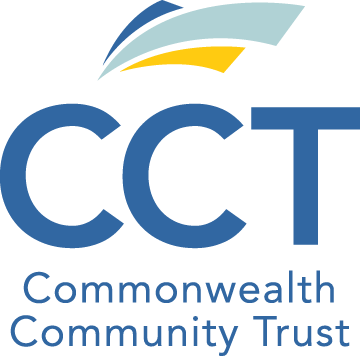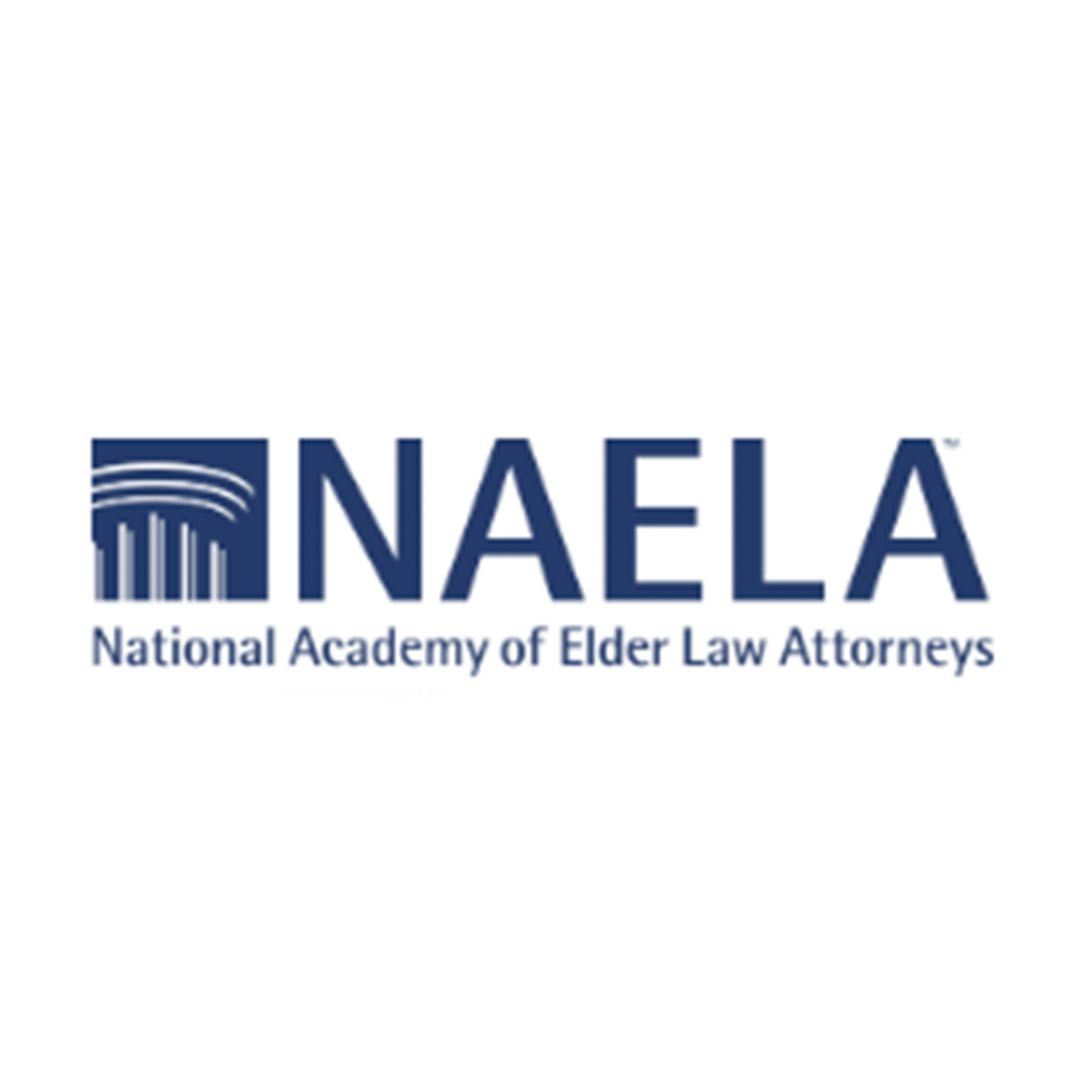SSA Updates to the POMS: Impact on Special Needs Trust Disbursements
By Joanne Marcus, MSW, President/CEO
Recent changes to the Program Operations Manual System, effective in April 2018, have an impact for trust administrators who make disbursement decisions for beneficiaries of special needs trusts.
This article will discuss:
- Changes to the Program Operations Manual System (POMS) and the effect on disbursements.
- Final postmortem disbursements including Medicaid payback.
- Special considerations for structured settlement cases.
SSA POMS Updates
These updates address how the Social Security Administration (SSA) will evaluate disbursements, however, individual states’s Medicaid rules may vary.
Distributions to an ABLE Account (SI 01120.201I.1.c.and h.)
The POMS has made it clear that funds transferred from a special needs trust (SNT) into an ABLE ac- count established by the trust beneficiary or individual with signing authority under the ABLE Act are not counted as income to the trust beneficiary.
Of significance is that funds from an ABLE account can be used to pay for shelter expenses such as mortgage or rent, homeowner’s insurance, taxes, heat, electricity, water, sewer and garbage pick-up without resulting in a reduction of monthly Supplemental Security Income (SSI). To avoid any impact to the beneficiary’s SSI benefits, funds from the ABLE account used to pay for shelter expenses must be spent within the same calendar month that funds are withdrawn from the account.
Sole Benefit Requirement (SI 01120.201F.3.a.)
The general rule for a trust established for the sole benefit of an individual remains the same. The key change in this provision is that when the trust makes a payment to a third party for goods or services, the goods or services must be for the primary benefit of the trust beneficiary. You should not interpret sole benefit so strictly as to prevent collateral benefit to anyone else. For example, if the trust buys a television, this does not mean that no one else can watch it. Caution: It is important to reasonably interpret this change when making disbursement decisions.
Service Providers (SI 01120.201F.3.a.)
A third-party service provider can be a family member, a nonfamily member or a professional entity and the trust can pay for needed services provided. Medical training or certification for family members who receive payment to provide care is not required.
Payment for companion services, such as taking care of a beneficiary who cannot be left alone, driving the beneficiary to the store, or assisting with grocery shopping, can be a valid expense. When reasonable, the trust can pay for incidental expenses for the companion, such as admission to an event that the beneficiary can only attend with assistance.
Third Party Travel Rules (SI 01120.201F.3.b.)
The guidelines allow payment of third-party travel expenses to accompany the trust beneficiary to provide services or assistance that is necessary due to the beneficiary’s medical condition, disability or age.
It is not necessary to request documentation from a medical professional that a third-party companion/caregiver is required for the beneficiary to travel. It is also not necessary to request evidence of medical training or certification for the person accompanying the beneficiary.
Travel expenses include transportation, food, and lodging. A trust administrator can also pay for entrance fees for activities when accompanying the beneficiary. A reasonableness test is recommended for the number of people required to accompany the beneficiary and may be more than one person. Those accompanying the beneficiary must provide services or assistance. For example, the trust may pay for two parents but cannot pay for other minor children.
Third-Party Travel Expenses to Visit a Trust Beneficiary (SI 01120.201F.3.c)
Payment of third-party travel expenses to visit a trust beneficiary to ensure the safety or medical well-being of the trust beneficiary are allowed and do not violate the sole benefit rule in the following situations:
- Reimbursement of travel expenses to oversee the trust beneficiary’s living arrangements when the beneficiary resides in a long-term care facility (for example an institution, nursing home, a group home, assist- ed living facility or other supported living arrangement).
- Travel for a trustee, trust advisor named in the trust, or successor, to exercise his or her fiduciary duties or to ensure the well-being of the beneficiary when the beneficiary does not reside in an institution.
Titling and Registration (SI 01120.201F.3.a.)
Purchased goods that require registration or titling must be titled or registered in the name of the beneficiary or the trustee, unless state law does not permit it. For example, state law may not allow a car to be registered to the beneficiary or may require a co-owner if the beneficiary is a minor or an individual without a valid driver’s license.
Some state Medicaid agencies may permit a car to be titled in a third party’s name if the trustee holds a lien on the car that guarantees that the trust receives the value of the car if it is sold and prevents the purchase from being considered a transfer of resources.
Caution: Even if a third party is listed on the title of the purchased goods, it must still be used for the sole benefit of the trust beneficiary.
Administrator-Managed Prepaid Cards (SI 01120.201I.1.e.)
It is now acceptable to offer administrator-managed prepaid cards, such as True Link cards. These cards are a type of restricted debit card that can be customized to block the cardholder’s access to cash, specific merchants, or entire categories of spending. The trustee is the owner and administrator and the trust beneficiary is the cardholder.
Giving a beneficiary access to an administrator-managed prepaid card offers independence while allowing the trust administrator to have controls in place.
Final Postmortem Disbursements
For both third- and first-party SNTs, any burial arrangements should be made and paid to the funeral director prior to the death of the beneficiary. The amount of the burial fund that is excluded is subject to individual state rules. In addition, some states re- quire irrevocability, while others do not. (SI 01120.201H.) Life insurance funded funeral arrangements, which are funded by an irrevocable life insurance policy, are excluded resources no matter the amount. (SI01120.201H.) In any case, these are expenses that are proper disbursements from a SNT.
For a first-party SNT for a beneficiary who receives Medicaid:
1. Upon the death of the beneficiary, the only expenses that may be paid prior to the first-party SNT Medicaid payback (SI 01120.203E.1.) are
- Taxes due from the trust to the state(s) or federal government because of the death of the beneficiary.
- Reasonable fees for the administration of the trust estate such as an accounting of the trust to a court, completion and filing of documents, or other required actions associated with termination and wrapping up of the trust.
2. Postmortem distributions that are expressly prohibited prior to the Medicaid payback (SI 01120.203E.2.) are:
- Taxes due from the estate of the beneficiary other than those arising from inclusion of the trust in the estate.
- Inheritance taxes due for residual beneficiaries.
- Payment of debts owed to third parties.
- Funeral expenses.
- Payment to residual beneficiaries.
After Medicaid is paid, distributions will be made as described in the trust agreement or joinder agreement for pooled trusts.
Special Considerations for Structured Settlements
When a structured settlement is incorporated into a SNT, the contingent or successor payees of the annuity must be the SNT due to the Medicaid payback provision. If the annuity payments are for a term certain and not just for the life of the beneficiary, then a commutation clause should be included as a part of the annuity con- tract. A commutation clause provides for a lump-sum payment at the death of the beneficiary based on several different factors decided at the time of the annuity purchase. Most insurance companies require a commutation clause on the original policy to com- mute the value of the annuity.
Receiving the commuted value of the remainder of the annuity at the time of the beneficiary’s death allows for the orderly administration and winding up of the SNT. The states’ Medicaid departments can be repaid, and any remaining assets in the trust can be distributed to the contingent beneficiaries immediately. Fees and administrative costs necessary to leave the trust open while annuity payments continue to come in are unnecessary.
Conclusion
In conclusion, the above POMS information dictates how the trustee or trust administrator evaluates payment requests, and in some cases allows for more flexibility in decision-making. Planning for post-mortem disbursements and including a commutation clause for structured settlement disbursements are important for final trust administration.
Related Articles:




